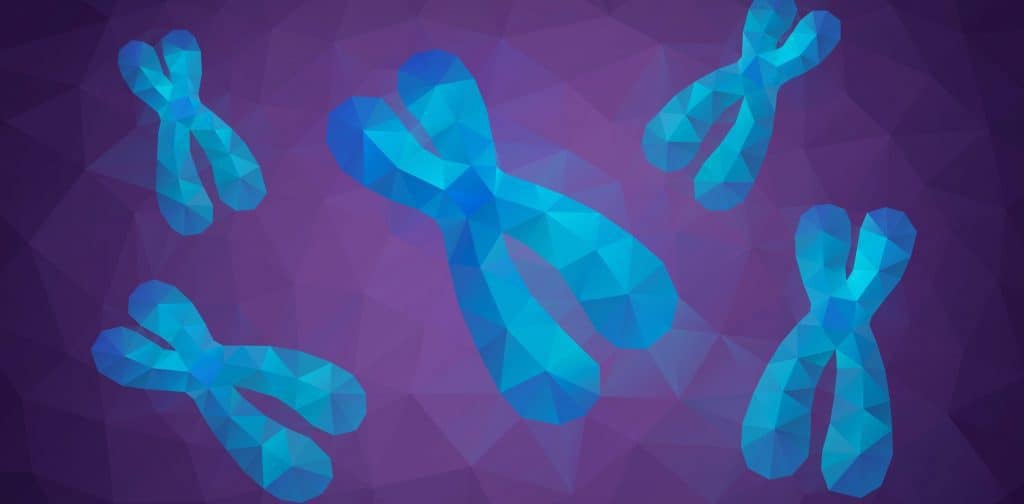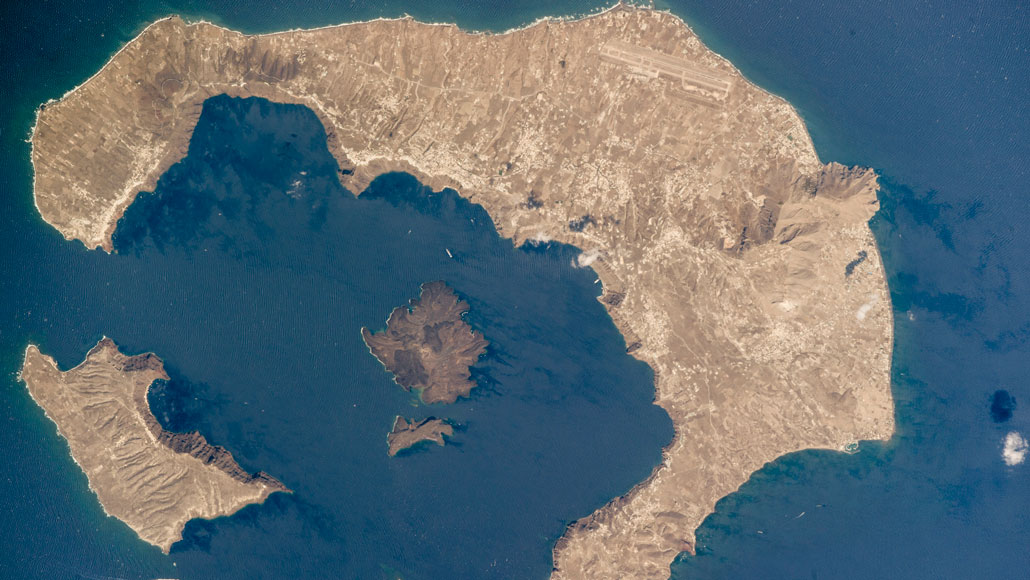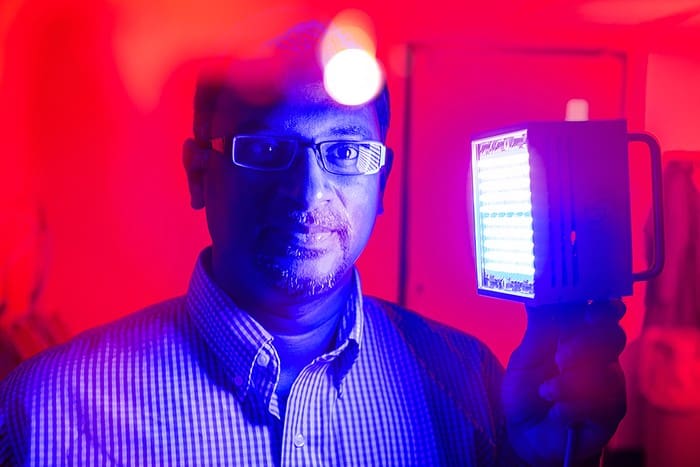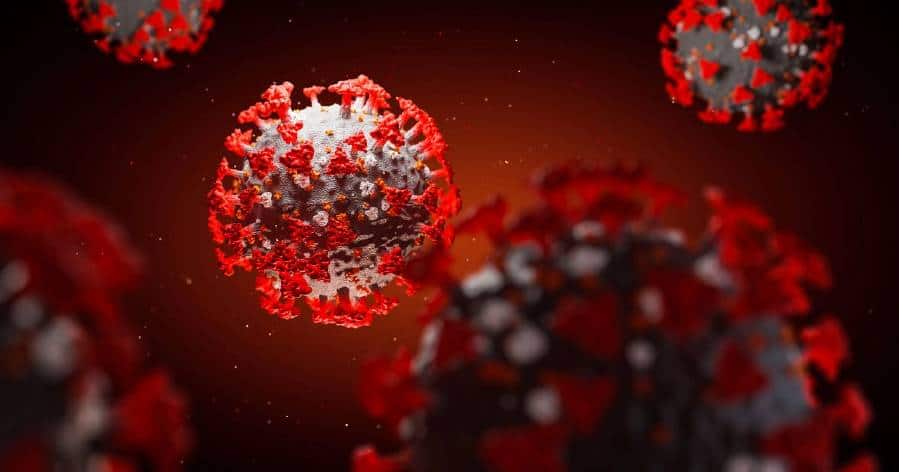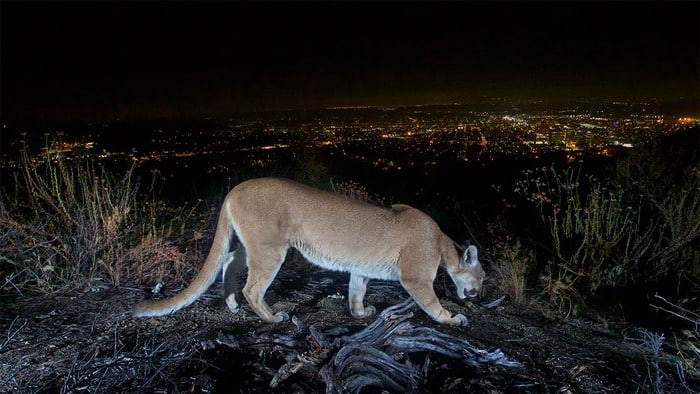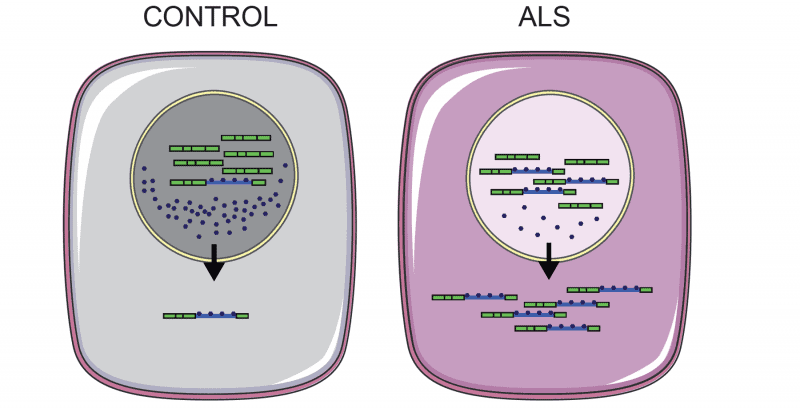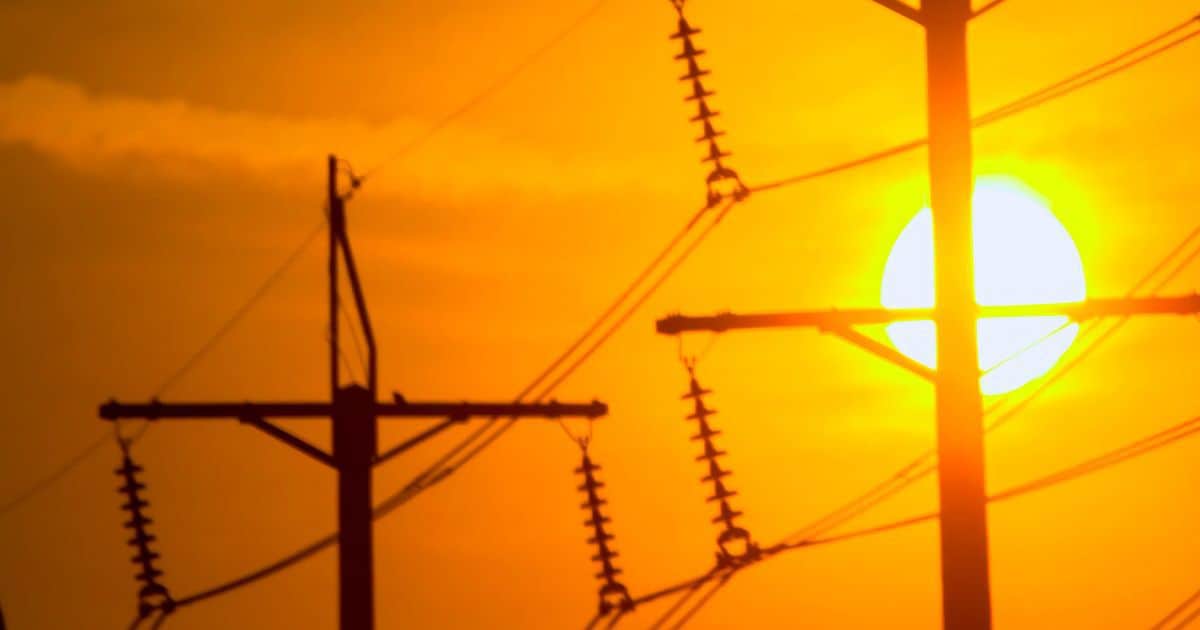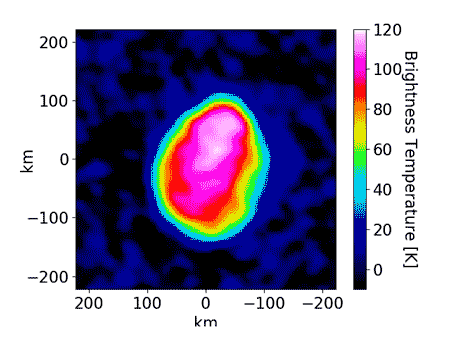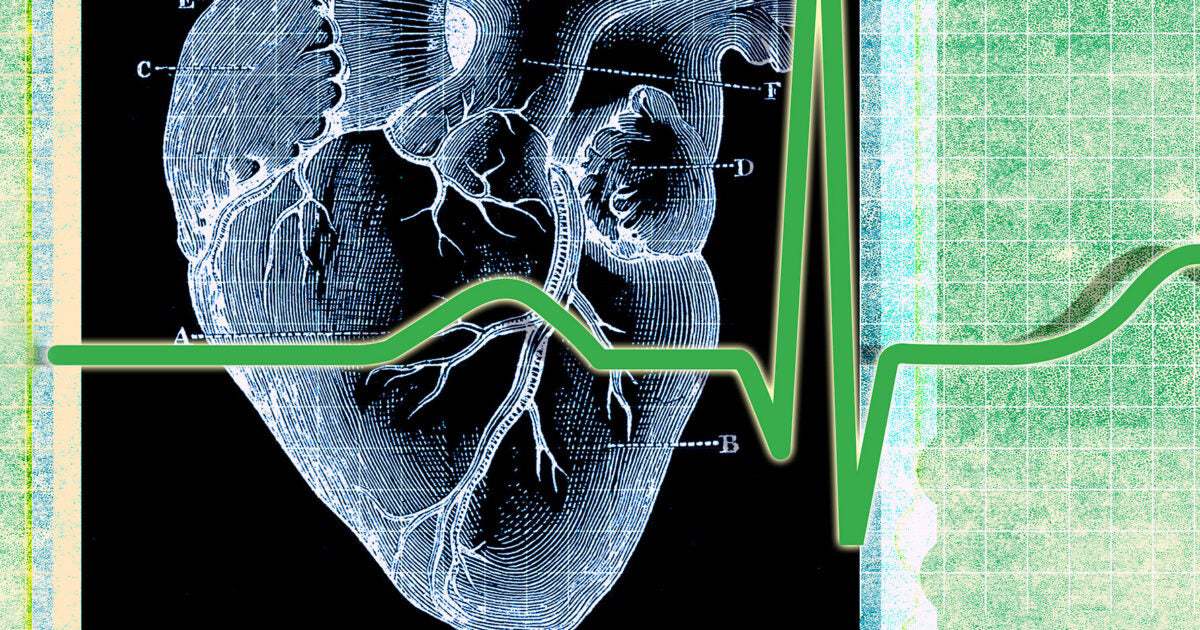Anew study reveals key details about how bacterial cells manage to pack in their chromosomal DNA a thousand times longer than the cells themselves, and — even more amazingly — do so in a highly organized manner. The research, led by Stanford biologists, offers new insights into the fundamental yet poorly understood process whereby genomes […]
Read More